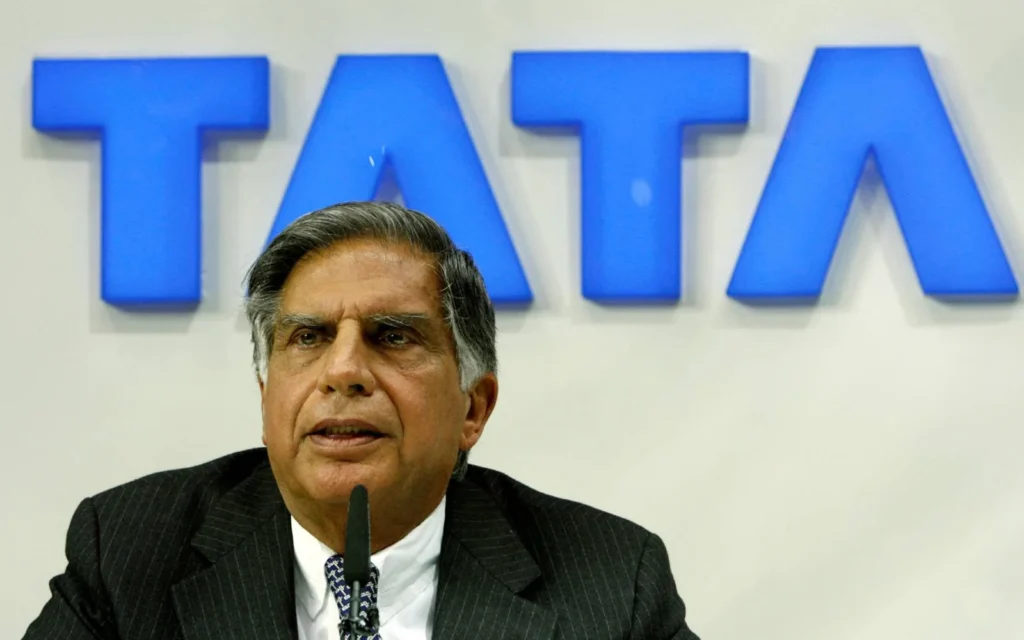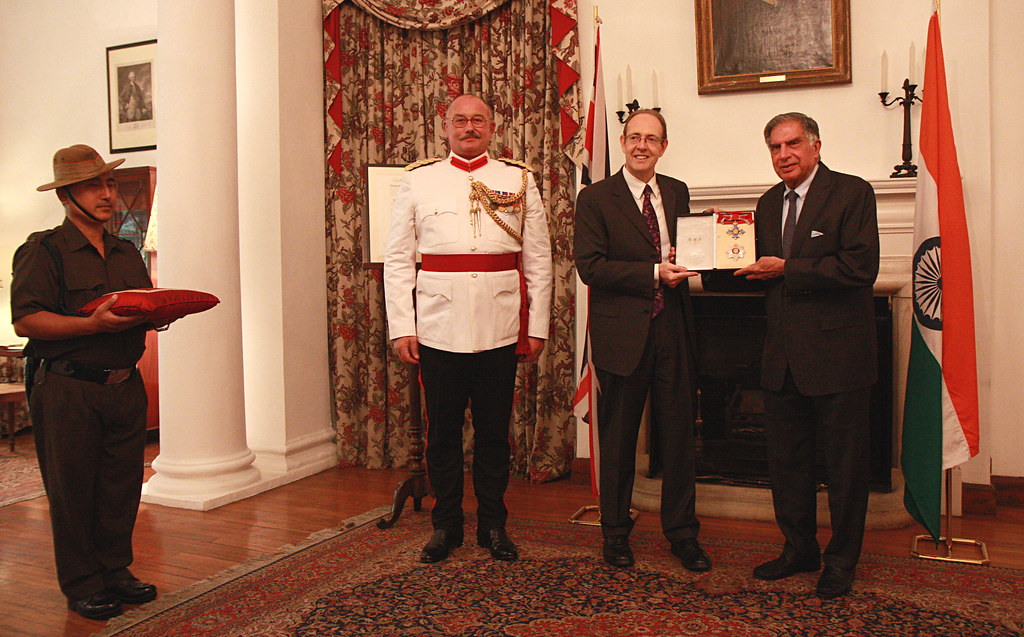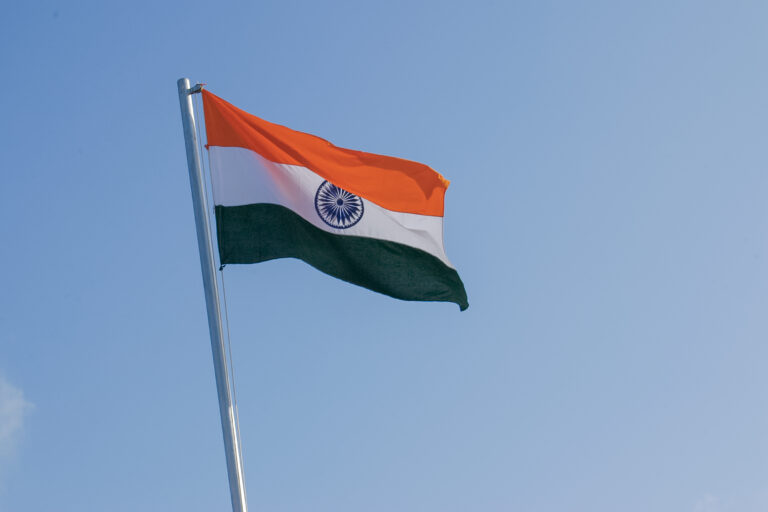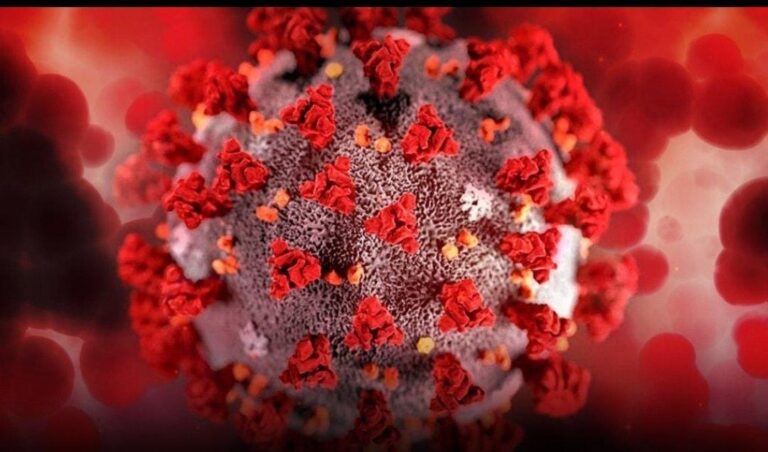
The biggest corporate icon that India has ever seen breathed his last on October 9, 2024. Ratan Tata died at the age of 86.His passing signifies the end of an era, and his visionary impact will be cherished and remembered for years to come
Age 86 years had taken Ratan Tata away from the world, India lost one of its biggest corporate icons. Ratan Tata’s death closes the chapter to an era that his immense contributions would leave behind for centuries to come. It would be an India that would never forget Tata Sons leadership as chairman to be altered on industrial maps and go beyond corporate boardrooms. Remember that his legacy speaks of the power of visionary thinking, ethical leadership, and sense of responsibility for the good of society.
Revolutionary Tata Group
In 1991, RatanTata took the reins as chairman at Tata Sons and turned the company into a global giant. RatanTata expanded the Tata Group aggressively into international markets and added companies such as Tetley Tea, Corus Steel, and Jaguar Land Rover to the roster. His introduction of the Tata Nano – the cheapest car in the world demonstrated his commitment to innovation for the masses.
One of his first and more dramatic initiatives was the full range of high-profile international acquisition moves that focused world attention on the Tata Group. In 2000, Tata acquired Tetley-the British tea company, the first major international purchase for the group. This was followed by the purchase of Corus Steel in 2007 and the iconic British brands Jaguar and Land Rover in 2008. These purchases did not only establish the group’s presence on a global level but also marked India’s increasing economic influence at a global level.
Ratan Tata’s plan for the future came through in his strategy when it comes to acquisitions and innovation in India, particularly at Tata Motors. Another representation of his leadership in the establishment of the country’s rising industrial strength is exemplified in the Tata Indica, the first ever car designed and built completely in India. His most challenging project was to come out as the world’s cheapest automobile, thus allowing car ownership for a majority of middle-class Indians this was the Tata Nano, released in 2008. The Nano was really having a tough time trying to compete in the market, but it does show how Tata was committed to bringing innovation to everyone.
A Legacy of Kindness and Care
Much more than a business leader, he was very down to earth with a practical approach, Ratan Tata was a nice soul who had strived to render betterment for mankind through many development initiatives. Values of the Tata Group that were practically taken care of society made him feel responsible to assist others. He has carried and enlarged that great tradition under Tata Trusts, by which a very large variety of causes are supported, from education and health to overall rural development.
Ratan Tata was the Leader when Tata Trusts spent millions of dollars on projects that uplifted millions of Indians. They built schools, hospitals, and clean water sources in rural villages. His desire to help people transcended beyond India’s borders. Soon as natural disasters or humanitarian crises hit the radar, it was the Tata Group that happened to be among the first organizations and groups to bankroll and provide funds and other resources.
Tata’s leadership also faced crisis, such as the Mumbai terrorist attacks of 2008. The Taj Mahal Palace, the hotel owned by the Tata Group, was one of the bombing sites by terrorists. Apart from the refurbishing of the iconic hotel, Ratan Tata ensured that financial assistance was provided to the dead’s families, education, and healthcare for their children. Such a humane response stated how Tata believes businesses have to act humanely with heart.

Global icon of integrity
Ratan Tata’s leadership was marked by an unbending stand on principles of doing business. Even as he took the Tata Group to every nook and corner of the globe, he ensured that the group remained stuck to its core values: transparency, integrity, and fairness. He is of the type of man who makes decisions by principles rather than by profit and doesn’t provide long-term views that provide sustainability over short-term gains.
Ratan Tata won numerous awards and honors from India and the world for his long life. In 2008, he received the Padma Vibhushan, India’s second most high honor civilian for his contribution to industry and society. He was also knighted as a Knight Grand Cross of the Most Excellent Order of the British Empire for his massive impact on the globe in business and philanthropy.
Ratan Tata even after he retired in 2012, remained an influential business personality. The board declared him chairman emeritus of Tata Sons as well as an angel investor to many more start-ups that would let him employ his mentoring and support to this new generation of entrepreneurs. His investment preferences demonstrate this forward-looking mind-set because he only wanted technology-in these times he finds the shape of the future of India and the world.
A Legacy to Last
An Indian nation mourns the passing away of Ratan Tata, but the Indian masses continue to be reminded through the very fabric of the country about the groundswell of his leadership. He was much more than a business leader; he was a dreamer who was driven to serve society rather than shareholders. His contributions to industry and charitable work have left an indelible mark on India and the world.
Indeed, as Ratan Tata himself tells: “I do not believe in taking right decisions. I take decisions and then make them right.” Surely the entire philosophy in his career enabled him to break much of the barrier, take risks, and change the Tata Group into One of the world’s leading companies. He may no longer be with us, but for sure his legacy will inspire future generations to work towards making the world a better place.


